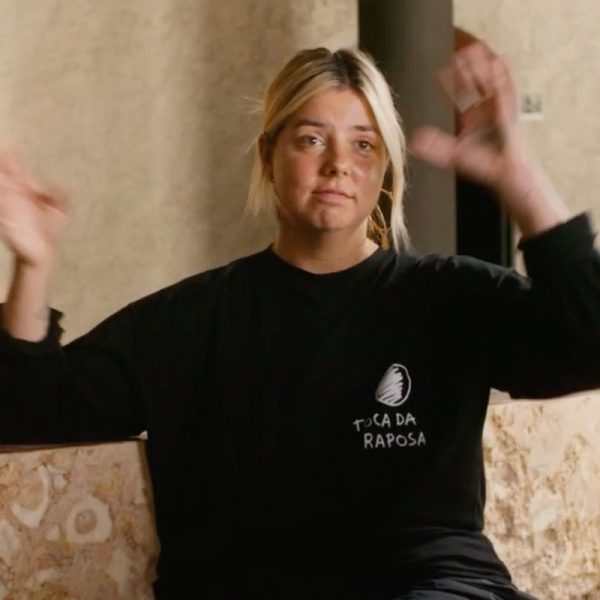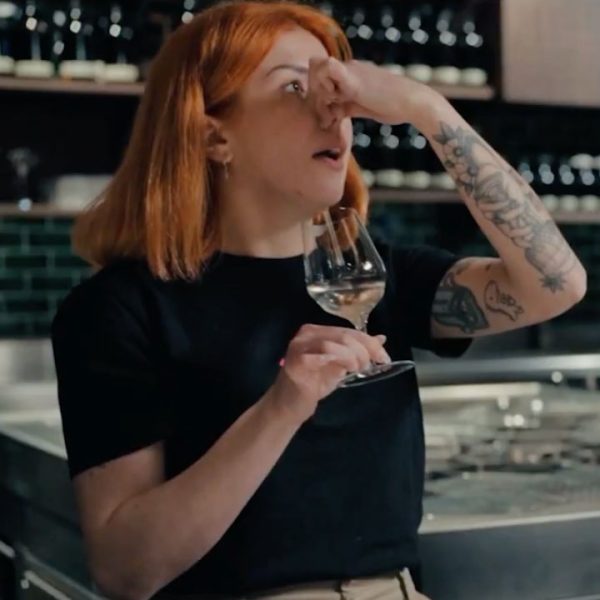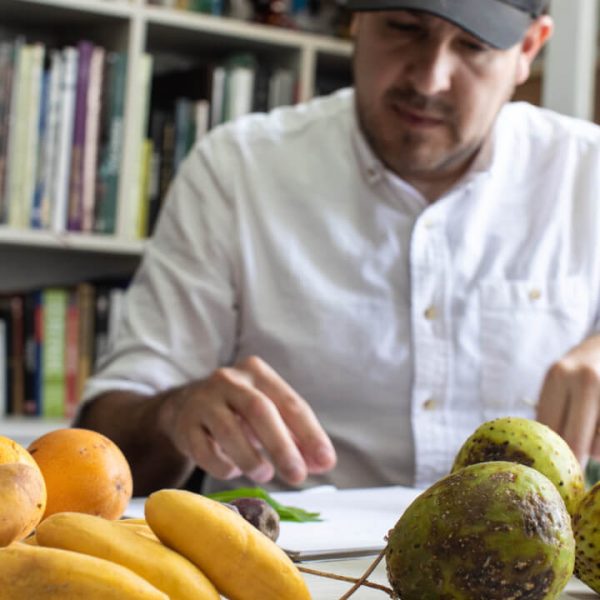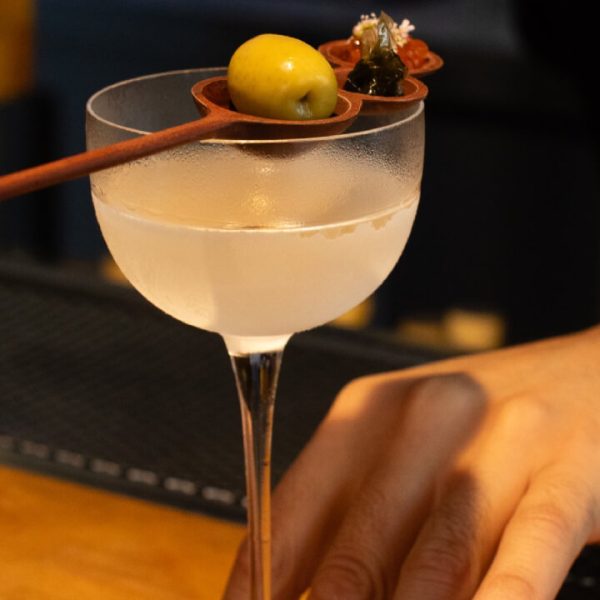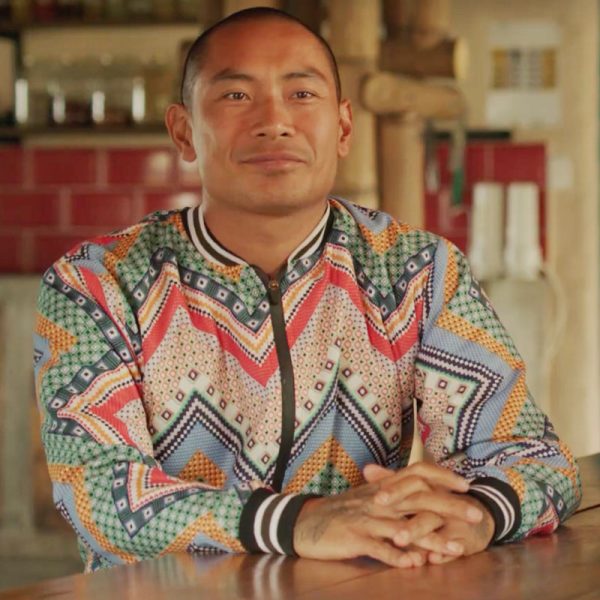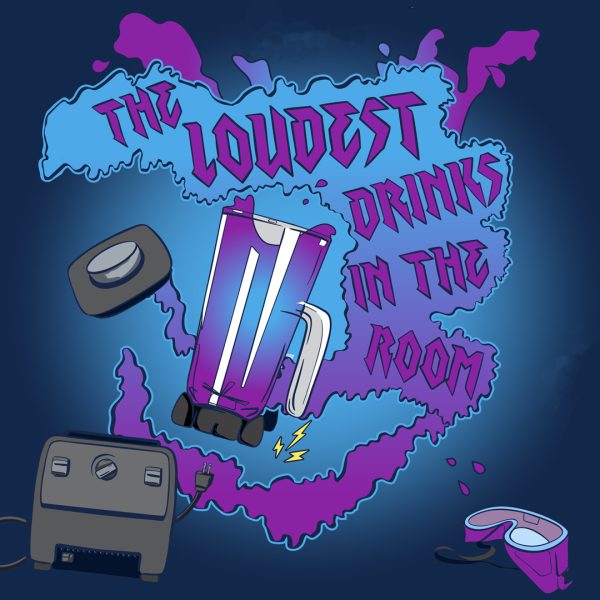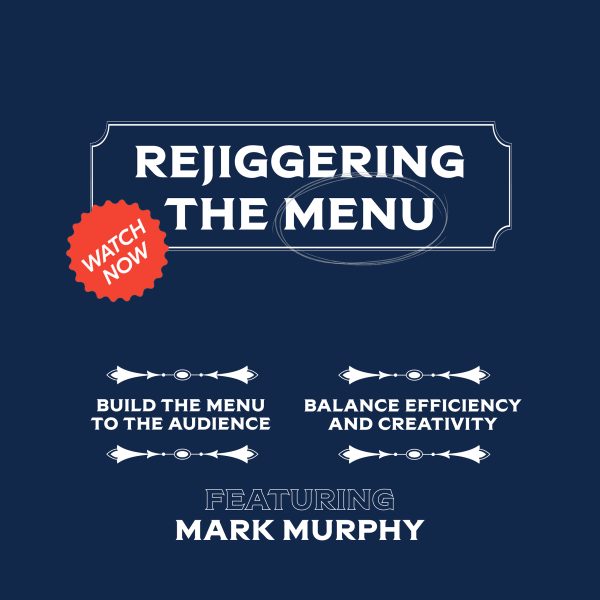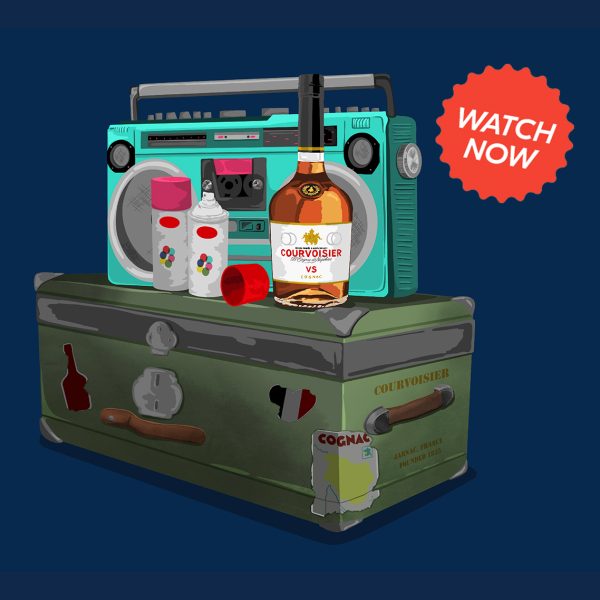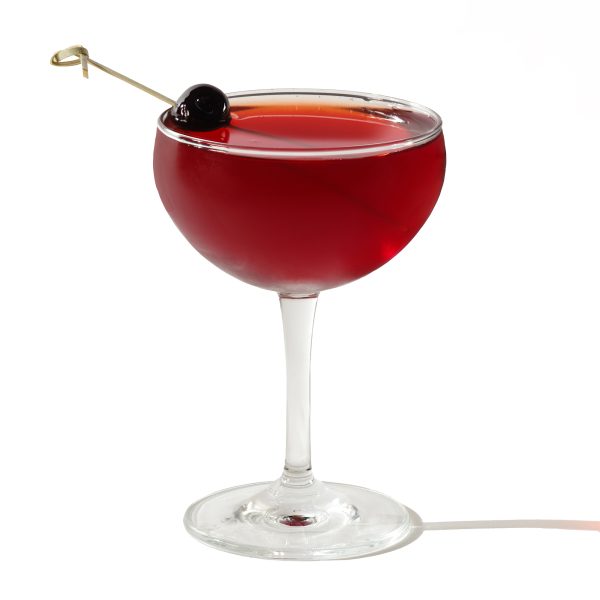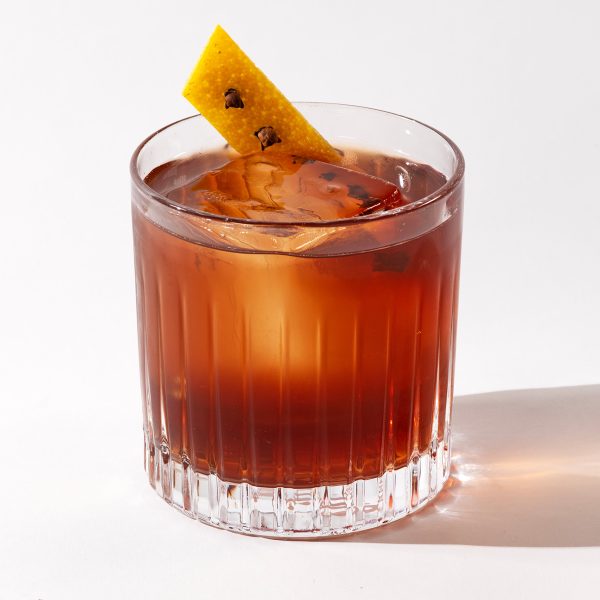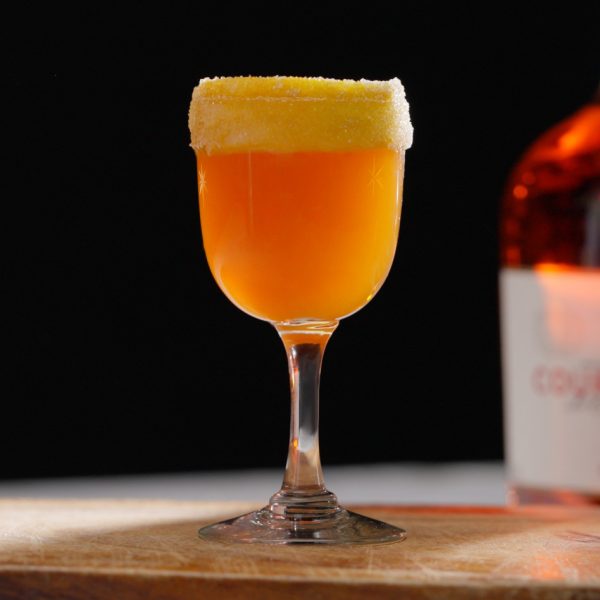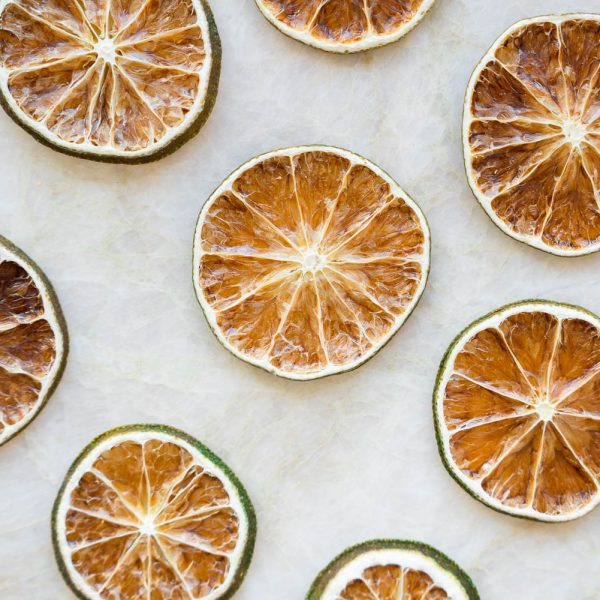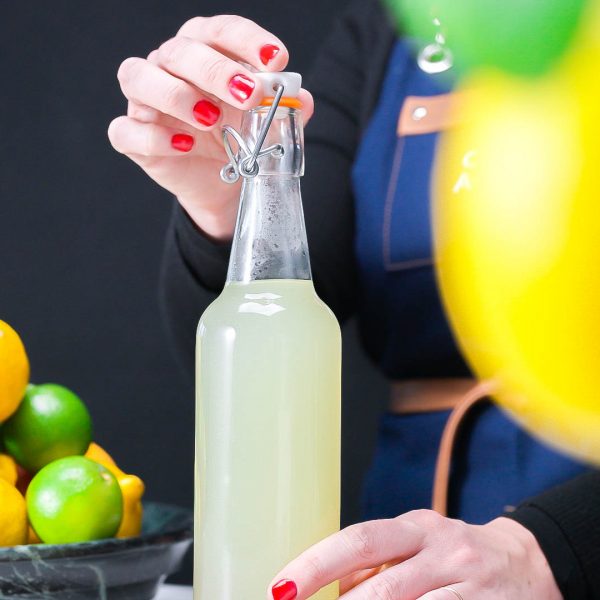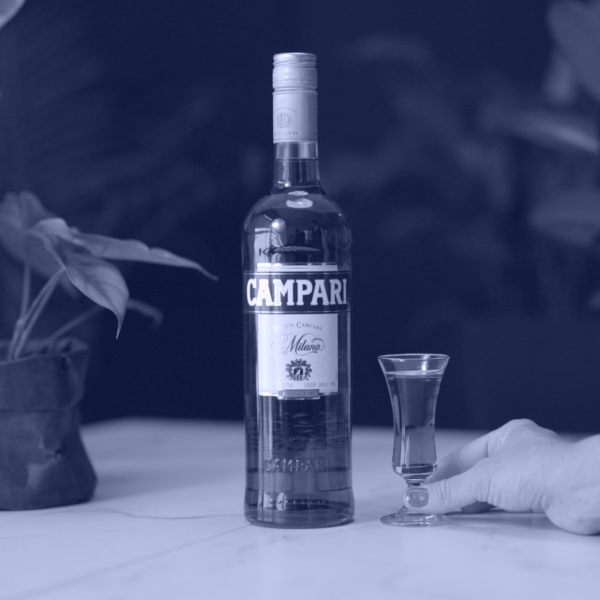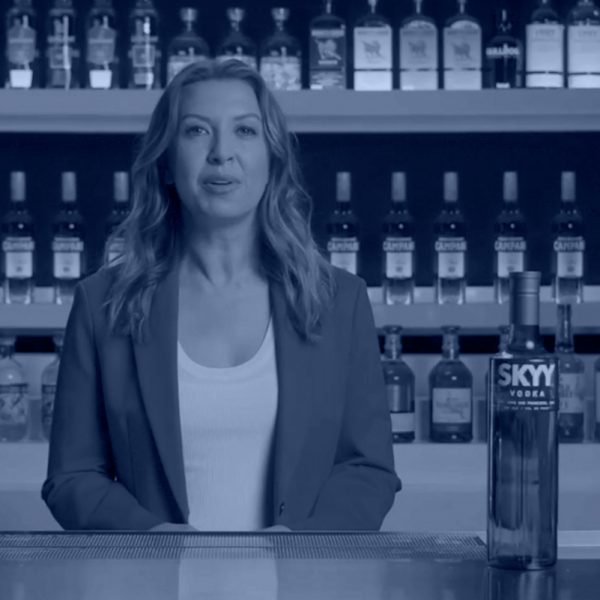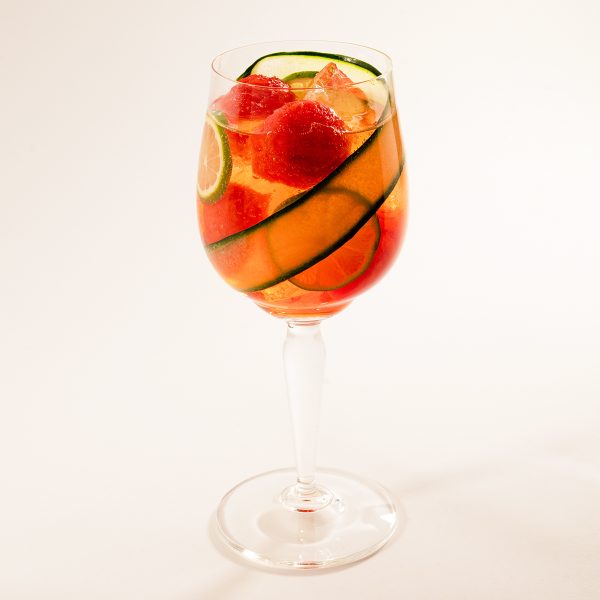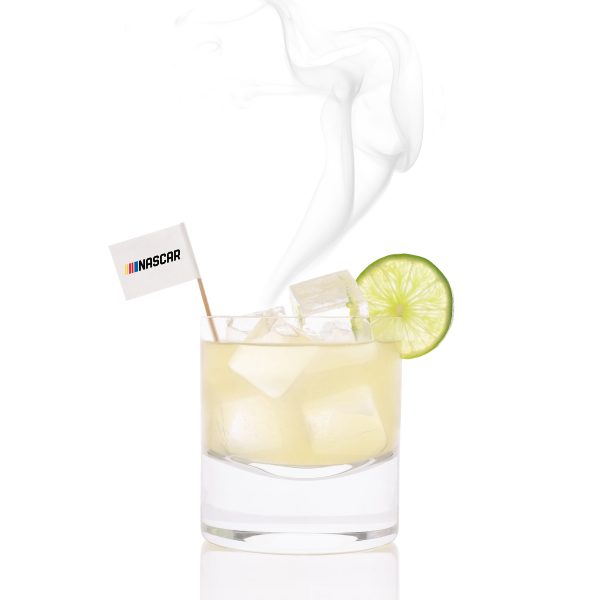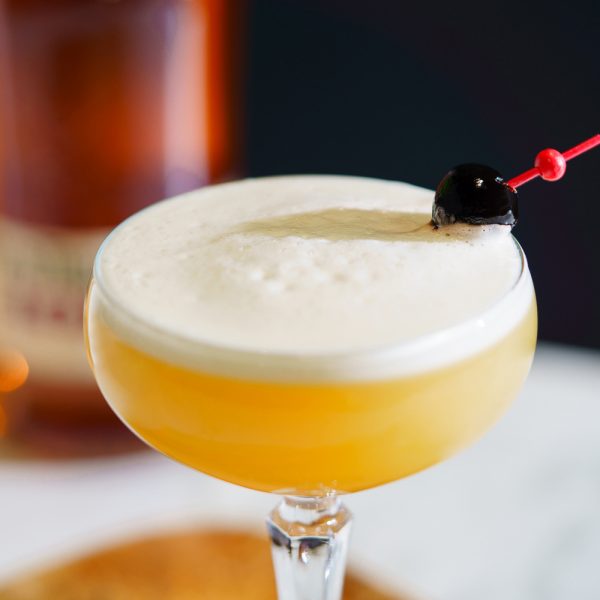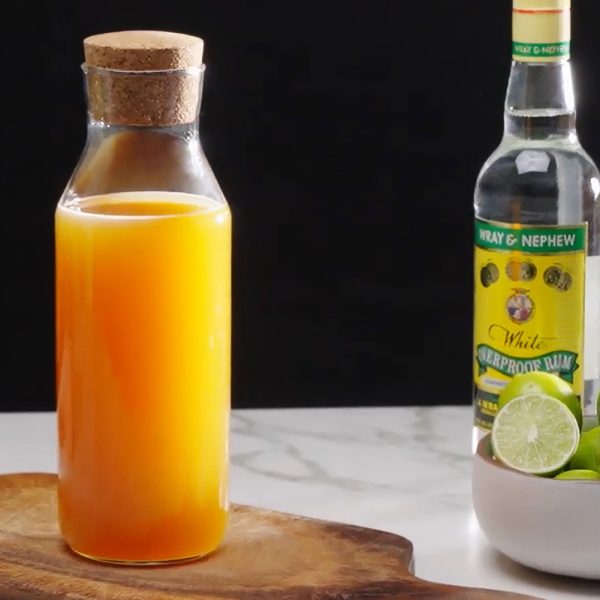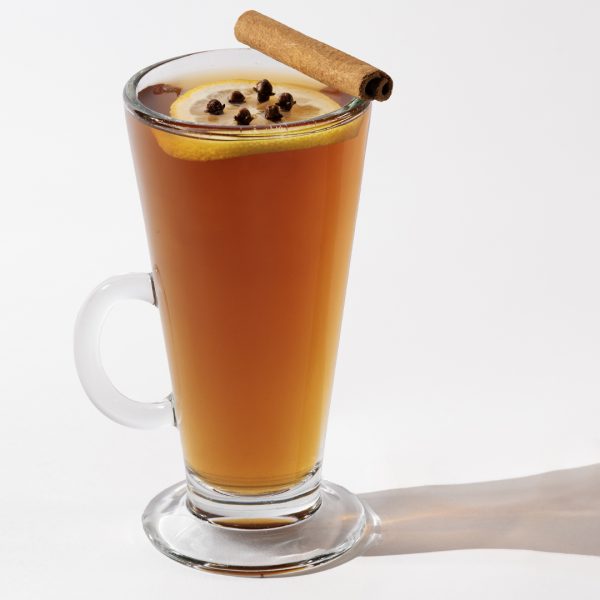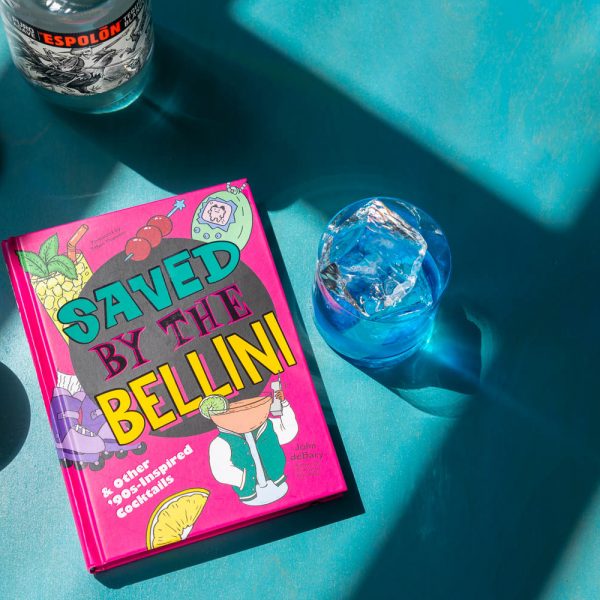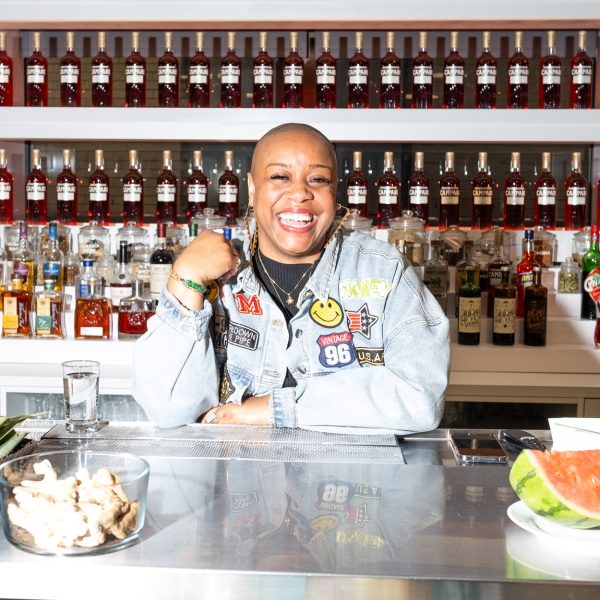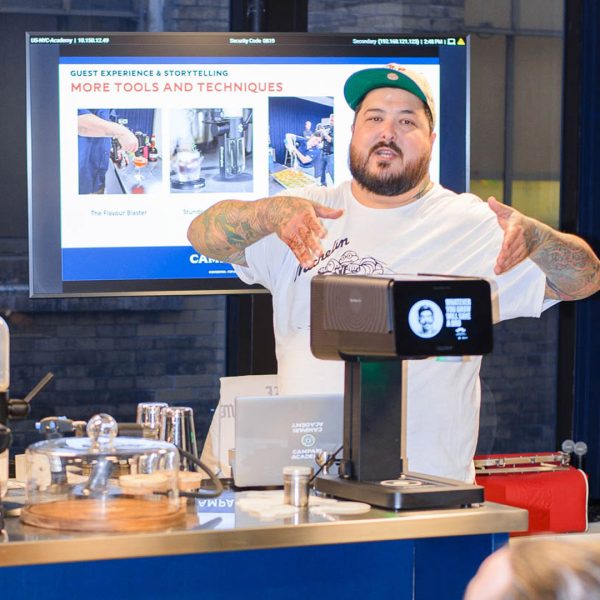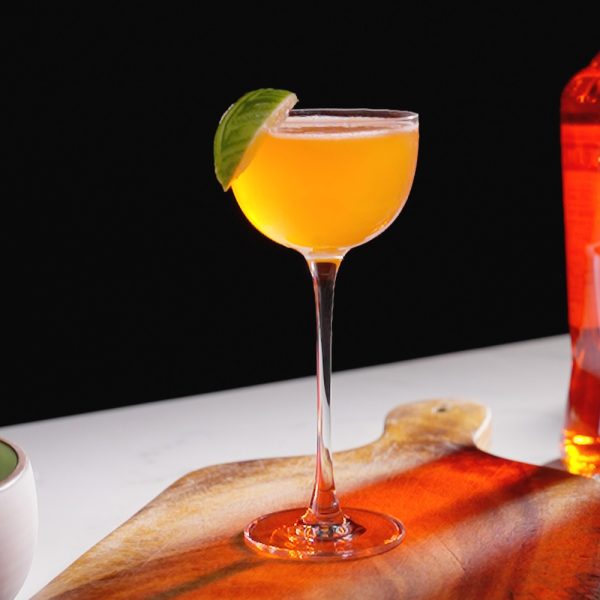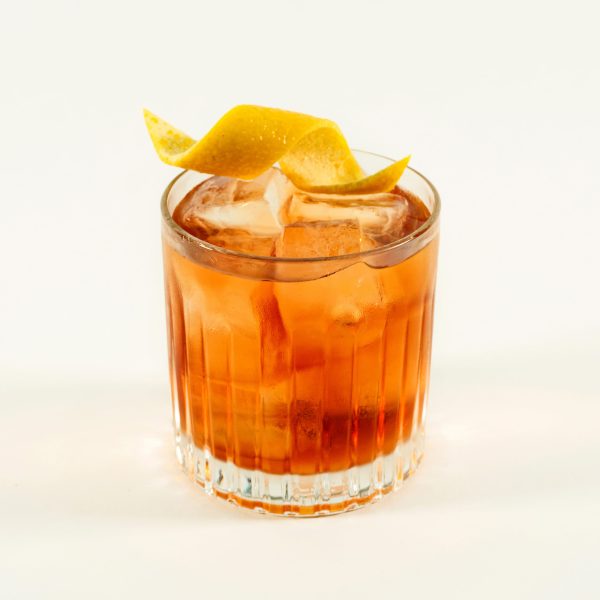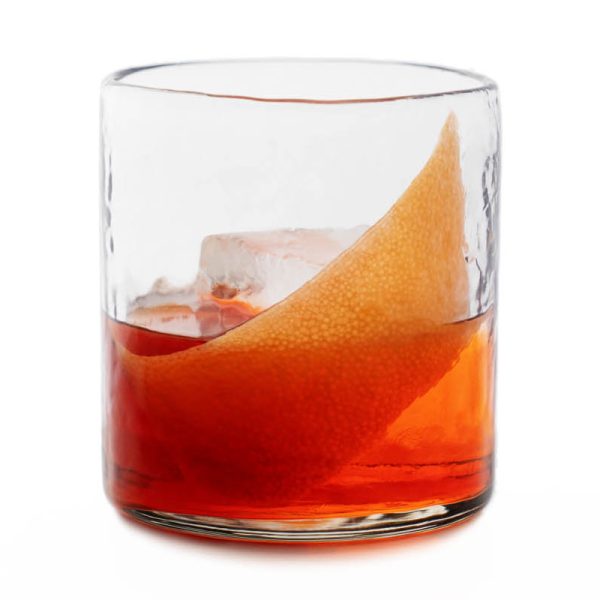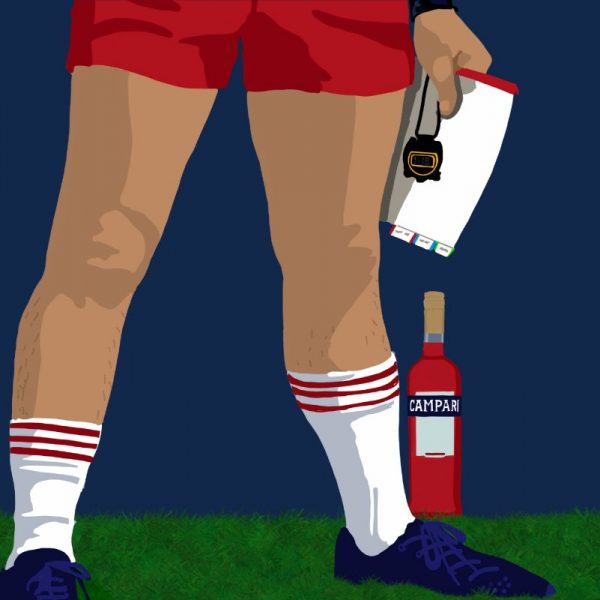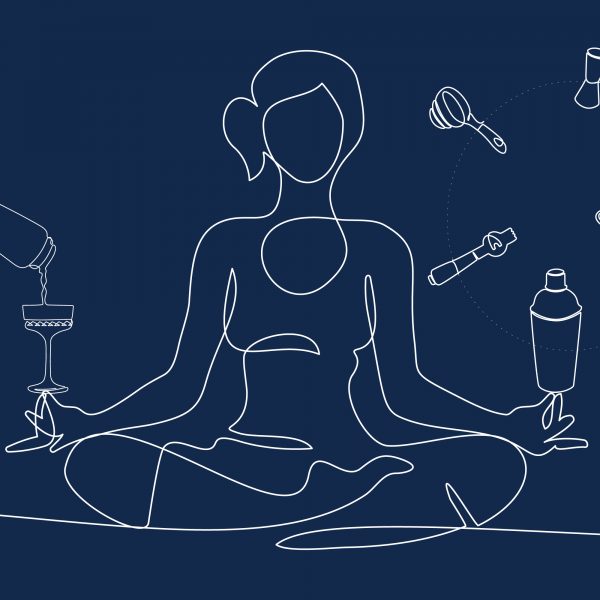Can A Cocktail Truly Be Sustainable?

Sustainability Behind The Bar with Claire Sprouse – Part 1
What does it mean for a cocktail to be sustainable? It’s a question that can be answered in a variety of ways – ranging from sourcing environmentally conscious products to minimizing food waste – and everything in between. In this article, I’ll be sharing some tips and techniques that anyone can implement to make a sustainable cocktail.
In the most straightforward context of the word “sustainable” references the need to preserve our limited resources for future generations. While the industry still has a long way to go, what lies ahead is promising, especially as sustainability moves steadily from trend to necessity.
I have bartended for about 20 years, and have spent about half of my career focusing on issues surrounding sustainability while consulting, educating, and mixing. I have found this quest to be more sensible and intuitive than one might at first assume. It also, at times, hurts my brain. I don’t pretend to be able to do it alone—nor have I, thus far. Over a series of three articles for Campari Academy, I will unpack and share my best learnings and hopefully plant seeds for a more resilient future. These are invitations to join this cause, and make sustainability integral to your bartending career and communities.
Let’s start with some good news: Many great minds have already made progress on sustainability, so you don’t have to start from scratch! Chefs have made strides in tackling food waste by employing different culinary techniques to extend the shelf life of ingredients. Many of today’s current bar trends (fermenting, infusing, pickling, drying/dehydrating) have direct links to kitchen knowledge that spans centuries and skips across cultures.
Friend in “Dehy” Places
I have a particular fondness for dehydrating. I use a dehydrator that bakes slow and low in the oven, but I will sometimes opt for the low-tech technique of hang-drying. Dehydrating is the savior of wilting herbs: dried mint can live on to flavor future syrups, for example, and fresh citrus wheels can find new life as dried garnishes.
Consider All Your Ingredients
Dehydrating can transform ingredients into concentrated, perhaps even unexpected, versions of themselves. Los Angeles bar director Kim Stodel purees guava pulp until smooth, then adds it in thin layers to a dehydrator. After several hours, the guava solidifies into a fruit leather, which can be cut or twisted into shapes for edible garnishes. This is not only sustainability-savvy, but builds upon the overall sensory experience of the cocktail.
Another way to combat food waste is to examine how the production of different ingredients impacts climate change.
In 2020, the EPA estimated that agriculture accounted for over 11% of total estimated U.S. emissions. That industry’s footprint is measured by its impact on soil, water contamination from pesticide and chemical run-off, water overuse, as well as effects on ecosystems. A sustainable mindset, therefore, begins with thoughtful sourcing of ingredients. Consider utilizing ingredients which are organic or made with dry-farming and other ecologically-aware techniques.
My cocktail “The Golden Year” (recipe below) represents this approach. I use sunflower seed “orgeat” in the drink as an alternative to traditional almond orgeat. Because almonds are grown in drought-prone California and also require an abundance of water, they stand out as an ingredient that’s too unsustainable to keep in stock, despites their popularity in recipes. My sunflower seed “orgeat” (recipe below) is an elegant replacement for almonds in “The Golden Year,” as well as other drinks that call for traditional orgeat.
Ask (Lots Of) Questions!
When purchasing for the bar, I regularly ask spirits producers or brand representatives to explain their production methods. Given that all spirits are agricultural products at heart, how a spirit is made matters, especially if a bar director wants to hew closely to their sustainability mission. Ask about how a spirit is made and whether the distillery is low-waste. Are barrels sourced from sustainable forests? Are the heads and tails (byproducts of the distilling process) properly disposed of? Asking this sort of question whenever possible helps normalize and center the sustainability question, not only for bar teams, but back down the line to sales, distributors, and ultimately, producers.
Every step of the bar process can be viewed through the lens of sustainability. These added steps, much like costing, can add up to real savings, for both your bar and the planet. A sustainability mindset is also a new kind of creative challenge where minimizing waste leads to a world of new flavors and new opportunities to expand bar technique.
Cocktail Recipe:
GOLDEN YEAR
Created by Claire Sprouse
- 1.5 parts Wild Turkey 101 Bourbon
- .5 part Cynar
- 1 part Sunflower Seed Orgeat*
- .5 part Fresh Lemon Juice
Combine ingredients in a shaker tin and shake with pebble ice. Dump contents into glass and pack full with more pebble ice. Garnish with dried sunflower and marigold petals (optional).
SUNFLOWER SEED ORGEAT
Sustainable Syrup Recipe
Makes 1 quart.
- 400 g Hot Water
- 200 g Sugar
- 150 g Sunflower Seeds, unsalted and roasted
Combine ingredients and blend until smooth. Strain into a non-reactive container and store in the refrigerator for 2-3 weeks.



